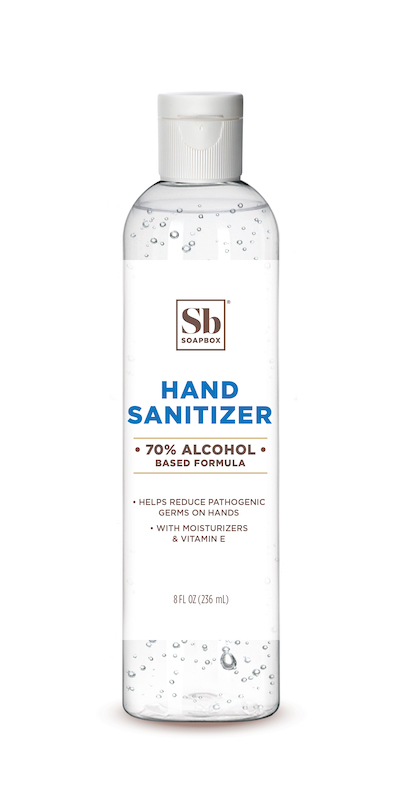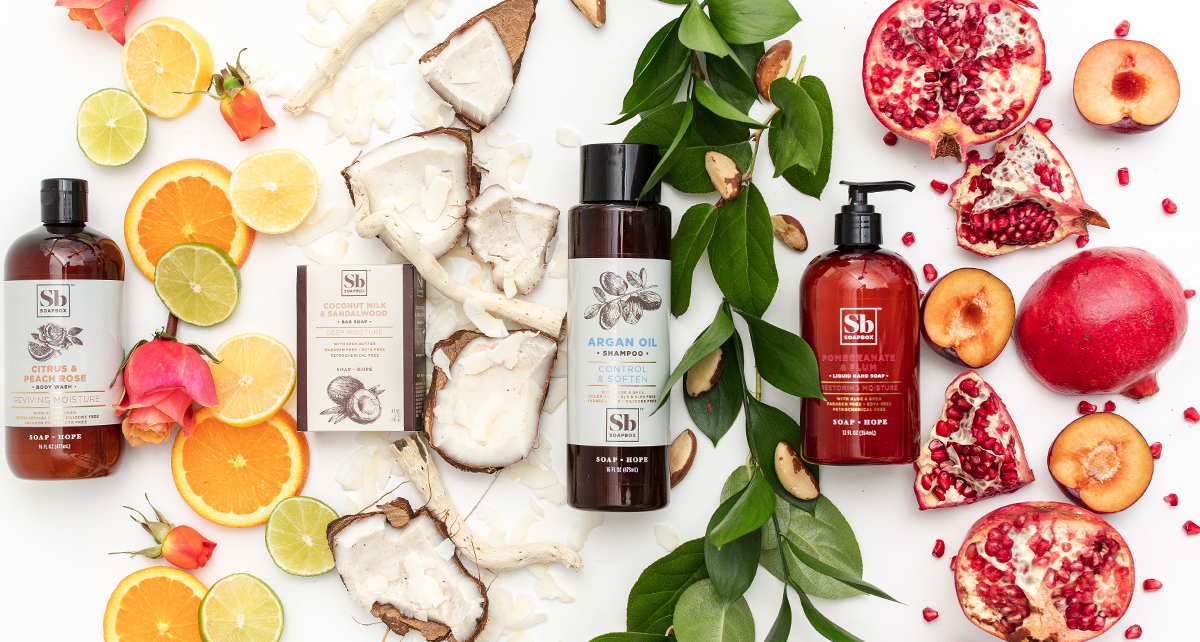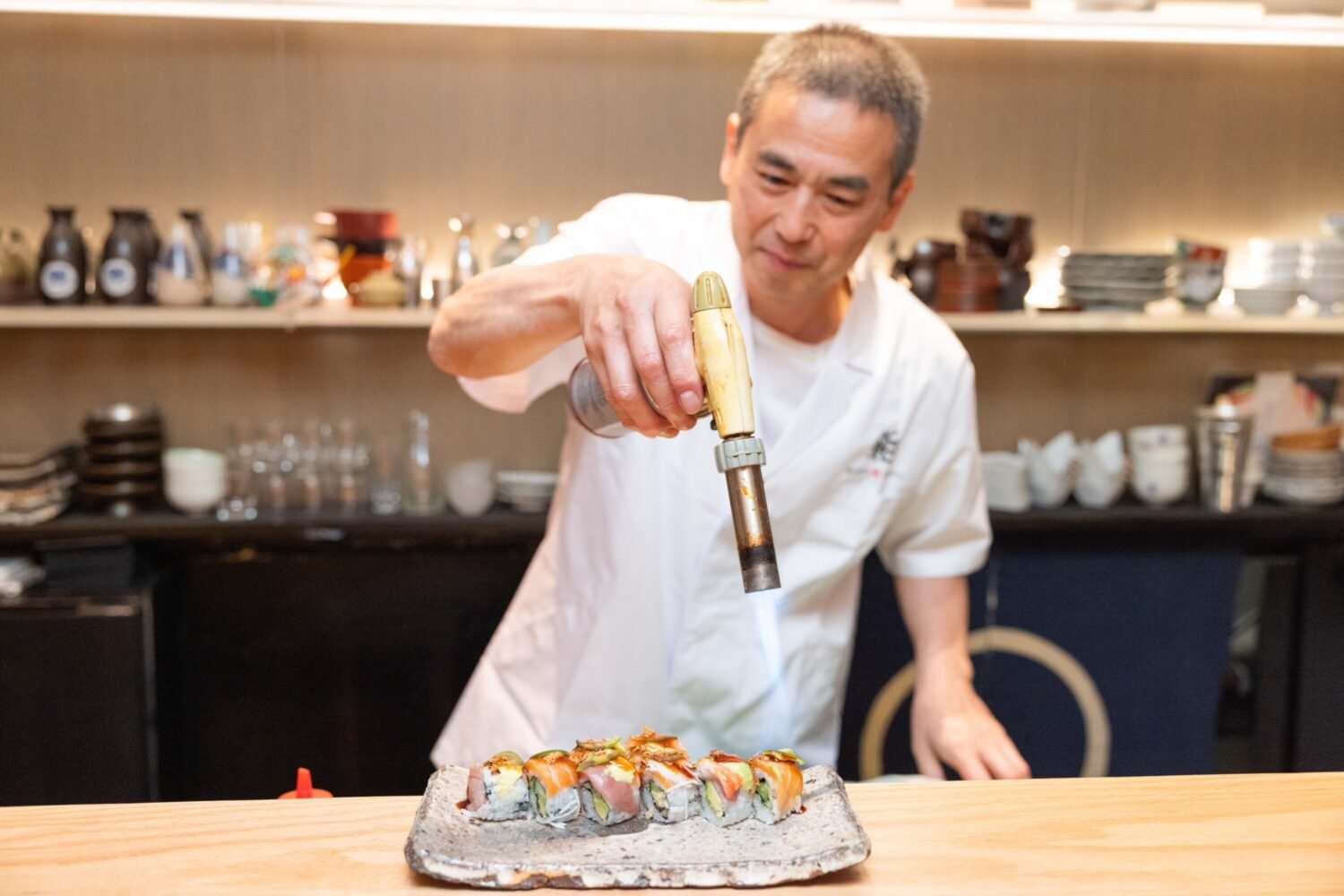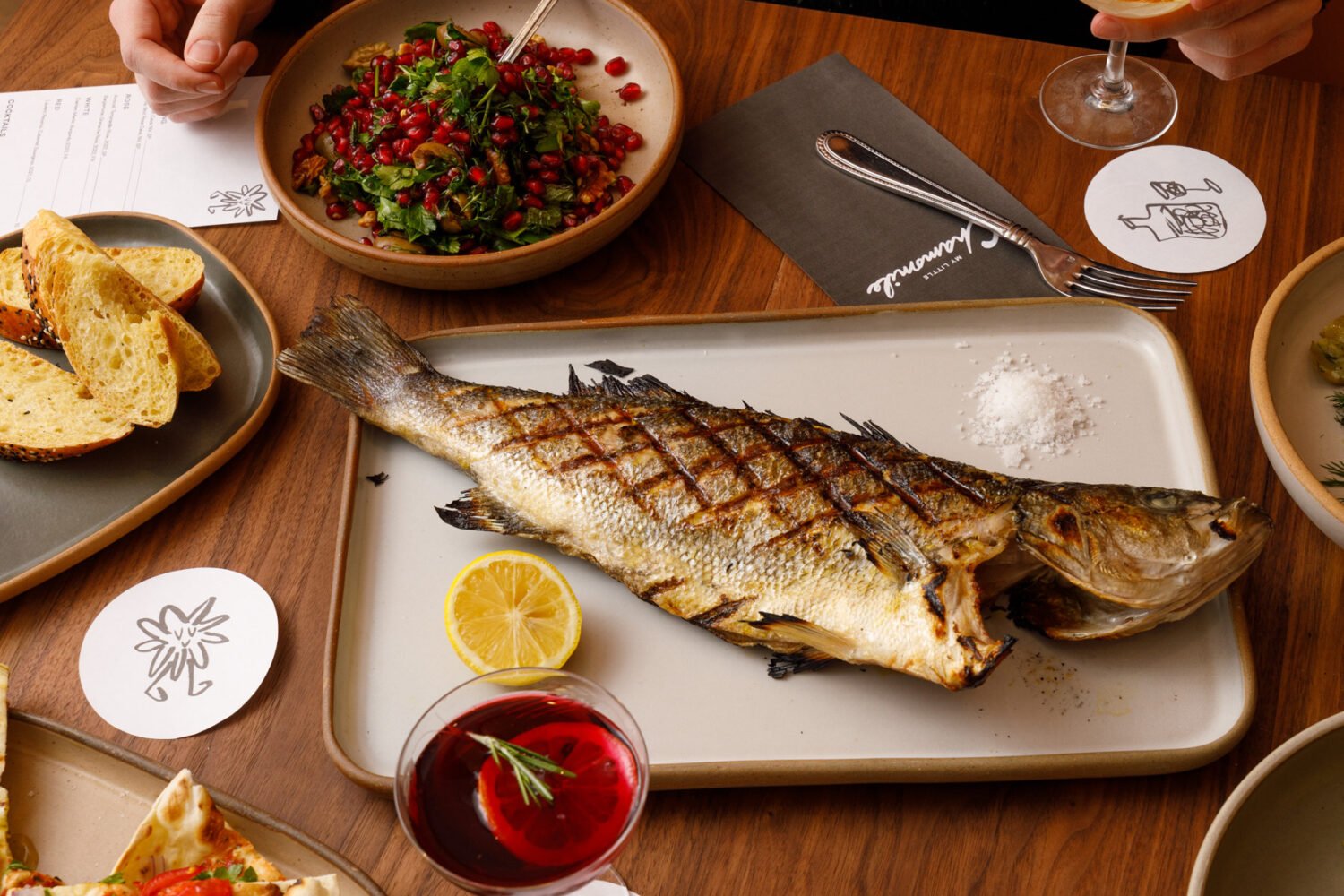About Coronavirus 2020
Washingtonian is keeping you up to date on the coronavirus around DC.
It’s an awesome time to be in the hand-washing business.
During a typical month, David Simnick’s Georgetown company, Soapbox, ships about 160,000 units of shampoo, body wash, liquid and bar soaps, and other products to stores throughout the country. This month, he’ll ship more than 2 million units. Next month, he’s looking at 3 million.
To be sure, the Covid-19 crisis has heightened demand for Soapbox’s typical personal hygiene offerings. But the boom in business is largely thanks to the hand sanitizer it started producing in March for big-name buyers such as Starbucks, Wegmans, Walgreens, Rite-Aid, Harris Teeter, and Giant, plus hospitals. “We just keep on getting inundated every day with more and more people reaching out,” says Simnick, who launched Soapbox a decade ago as a 22-year-old student at American University.
Soapbox was already in talks with Starbucks to supply the chain’s North American locations with liquid soap, when the novel coronavirus began to spread overseas. In early March, says Simnick, Starbucks asked if Soapbox could manufacture hand sanitizer for its U.S. stores instead: “I think they had a heads up on this more than most American companies because they have significant operations in Asia.”
Within 24 hours, Simnick and Soapbox’s chief operating officer, Dan Doll, confirmed that three of their usual factories—one in Indiana, two in Illinois—had the capability and necessary licensing to make sanitizer. Ever since they signed with Starbucks, they say the work has been nonstop. Some nights, they’re on calls with buyers and suppliers, or each other until 3 a.m.

“We were on the phone with a procurement director for a hospital who started crying when we said we could ship hand sanitizer,” says Doll. “After we got off that call, we were just like, oh my gosh. What we do just took on a whole new meaning.”
As the pandemic decimates other small businesses, it has opened up a strange window of opportunity for Soapbox. With the world’s mega-manufacturers—Gojo, maker of Purell, and Vi-Jon, maker of Germ-X—overwhelmed with orders from hospitals and governments, retailers are having to source hand sanitizer from smaller outfits. As a result, eight-person Soapbox is now in expansion mode. To start, it’s hiring a full-time bookkeeper and a new salesperson. Says Simnick: “This has catapulted the company.”
But Soapbox’s bottom line isn’t the only thing benefiting. Like TOMS shoes and Warby Parker, the company uses a one-to-one business model, meaning for every product purchased, it donates a bar of soap to someone in need.
Simnick got the idea for Soapbox’s mission while working for a USAID subcontractor researching disparities in hygiene. He says he thought he could do some good by giving more people the ability to wash their hands–which seems a bit ironic now.
“We’ve been telling people about the importance of washing your hands for, like, 10 years. Now it’s crazy because every single news outlet is reinforcing [that],” he says. “The world has changed. It wouldn’t be surprising to us if, eventually, on every restaurant table, you saw salt, pepper, and hand sanitizer.”




















